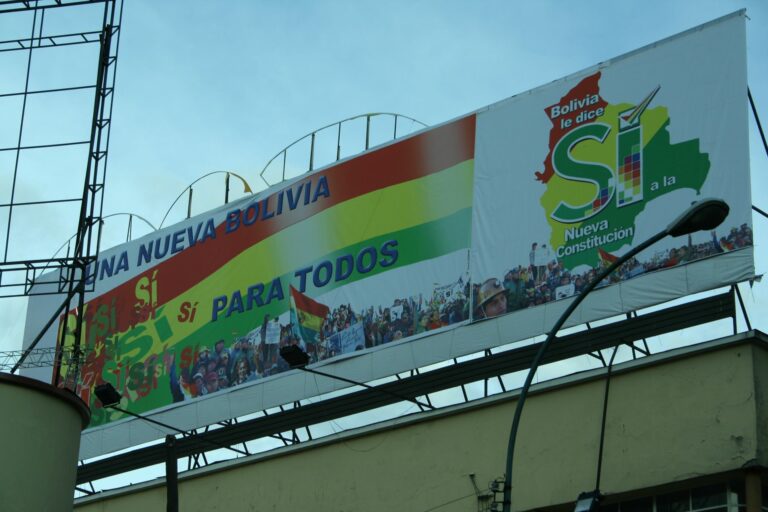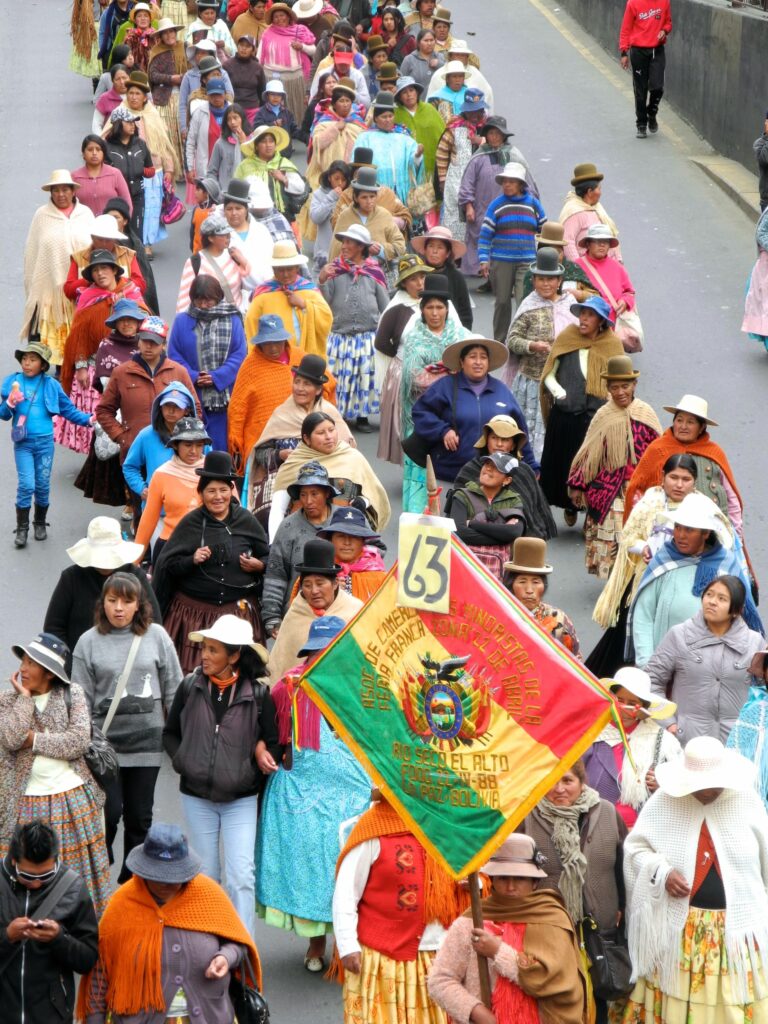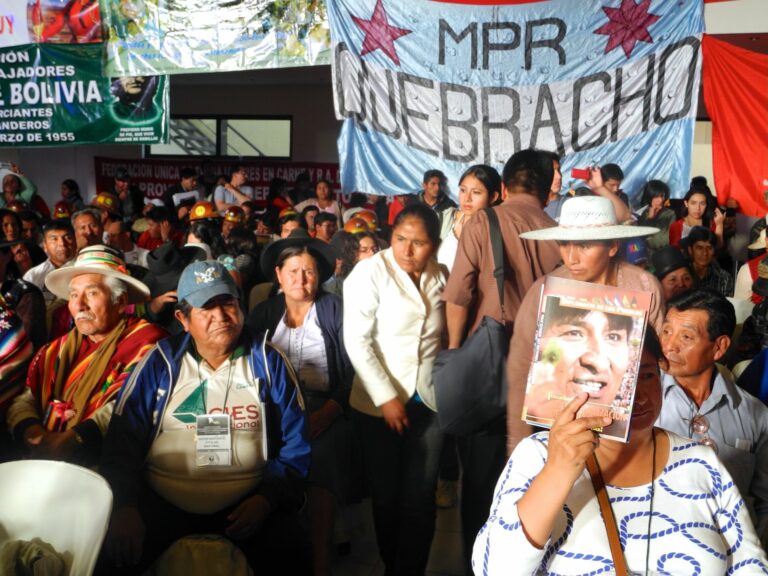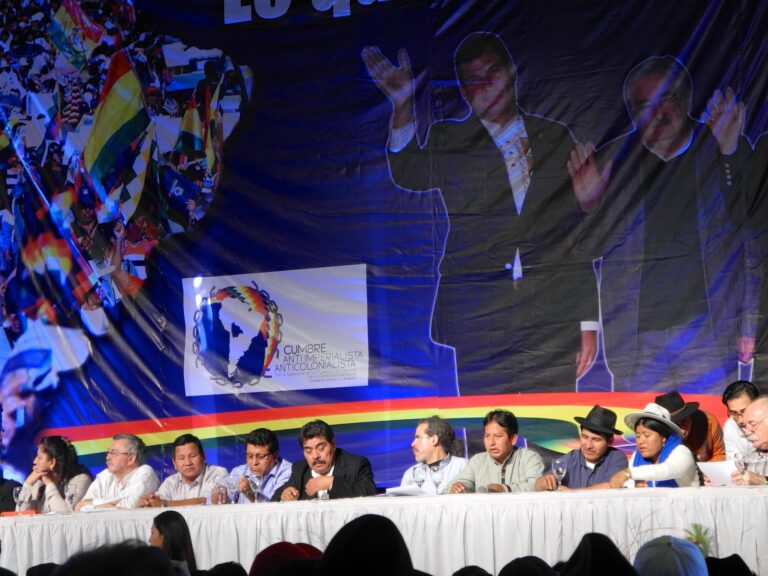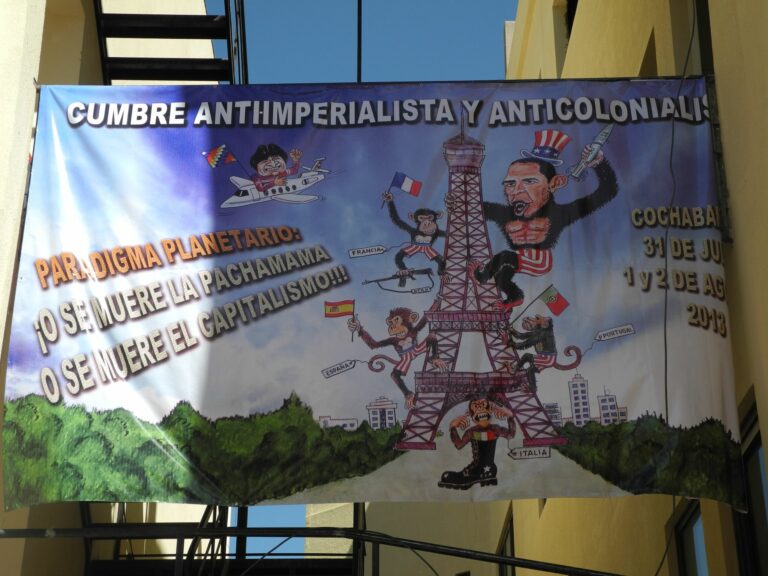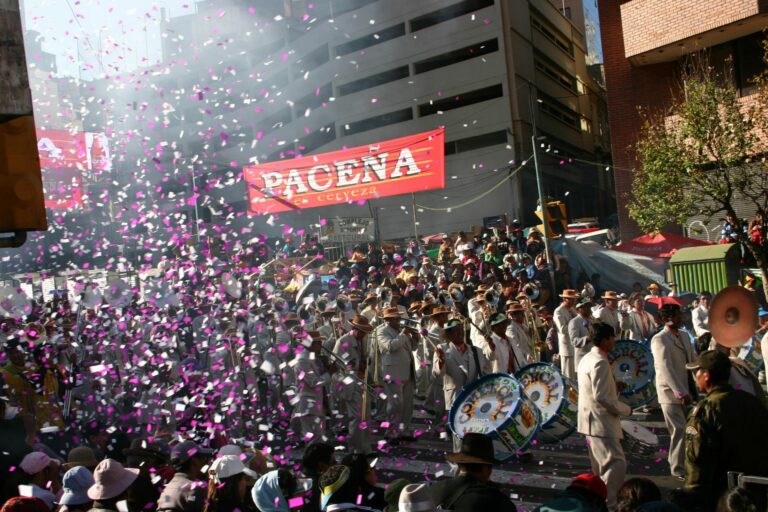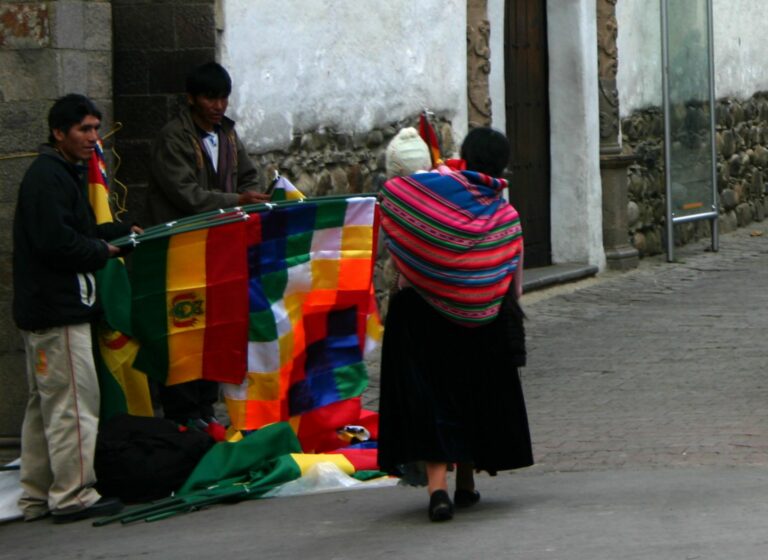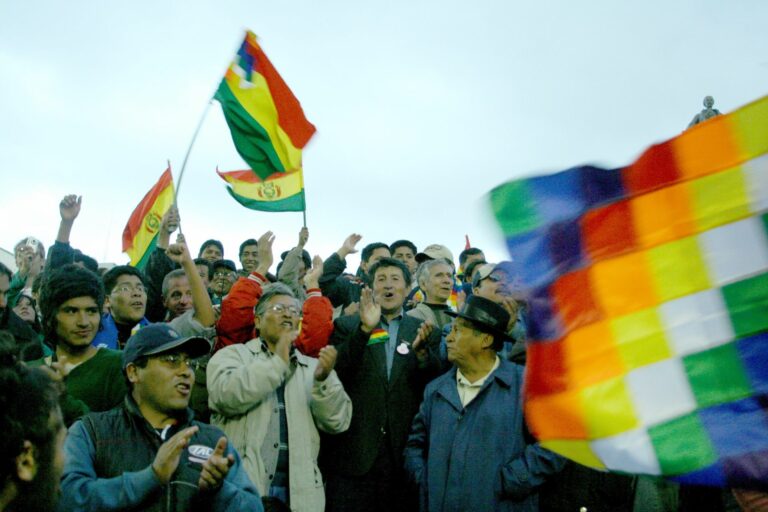When I first landed in Bolivia, it was not to conduct research or to stay any longer than an 11-month fellowship to work at the United Nations. A week after I arrived in La Paz, on the 25th January 2009, an historical referendum approved a new Constitution. Alongside a multitude of Bolivians, huipalas (the Andean flag) and occasional tourists, I was in the Plaza Murillo that evening to listen to the speech of President Evo Morales. Bolivia was dismissing its old republican clothes to become a plurinational state. The new Constitution opened an exciting (and conflictive) time of institutional changes and political reforms. Given my passion for politics, these recent developments offered a good excuse to postpone my return to Europe as well as an excellent topic for my developing PhD project. I spent the following three years trying to adapt to the altitude and enjoying the chaotic charm of La Paz, with field trips to remote regions and departmental capitals across the country. With time, the initial infatuation with Bolivia became a long-term love affair. Since then, I have been writing on different aspects of Bolivian politics for academics, policymakers and lay audiences. My focus has been mainly on how contentious dynamics and identity politics have been reshaped by this recent process of institutional, legal and political reform.
Bolivian Politics
Outputs
FONTANA L.B. (forthcoming 2023) ‘Indigenous Protest in Bolivia against Evo Morales’. In D. Snow, D. della Porta and D. McAdam (eds.) The Wiley-Blackwell Encyclopedia of Social & Political Movements. Second Edition. Wiley-Blackwell.
Fontana, L.B. (2019) ‘Now Evo Morales is out, Bolivia’s celebrated ‘plurinational revolution’ has an uncertain future’. The Conversation, 26 November
FONTANA L.B. (2014) ‘Evo Morales at the Crossroads: Problematizing the Relationship between the State and Indigenous Movements in Bolivia’. Iberoamericana, 43 (1-2): 19-45.
FONTANA L.B. (2013) ‘On the Perils and Potentialities of the Revolution: Conflict Trends and Collective Action in Bolivia’. Latin American Perspectives, 40 (3): 26-42.
FONTANA L.B. (2013) ‘Andean Ethno-cultural Politics and their Effects on Social Violence: Evidence and Hypothesis from the Bolivian Case’. Journal of Peace, Conflict & Development, 20: 20-37.
FONTANA L.B. (2013) ‘The Proceso de Cambio and the Seventh Year Crisis: Towards a Reconfiguration of the Relationship between State and Social Movements in Bolivia’. Bolivian Studies Journal, 19 (1): 190-212.
Calderón F., FONTANA L.B., I. Nava and H. Pacheco (2013) Understanding Social Conflict in Latin America. La Paz: UNDP/UNIR, 56 pp. (English and Spanish).
Do Alto H. and FONTANA L.B. (2013) ‘Social Conflict and Reterritorialization: Diverse Perspectives on rural and regionalist movements in Bolivia’, Trace. Proceso Méxicanos y Centroamericanos, 63: 24-34.
FONTANA L.B. (2012) ‘The 60th Anniversary of the Bolivian National Revolution: The Ghosts in the Closet of Evo Morales’. Amérique Latine Political Outlook 2012. Paris: Les Etudes du CERI, n°187-188, SciencesPo Press: 22-25 (French and Spanish).
FONTANA L.B. (2012) ‘MAS Government and the Agrarian Issue: Between Juridical Reforms and Unsolved Conflicts’. Ni Calco Ni Copia, No. 4, April: 11-32 (Spanish).
FONTANA L.B. (2012) ‘Evo-Totem: Leadership and Power within the Bolivian Transition’. Inter Relações, August 2011 (Spanish).
Calderón F., L.B. FONTANA, I. Nava and H. Pacheco (2012) Social Protest in Latin America. Buenos Aires: Siglo XXI (Spanish).
Calderón F., FONTANA L.B., I. Nava and H. Pacheco (2011) Social Conflicts in Latin America. La Paz: UNDP/UNIR/Plural Editores, 318 pp.
